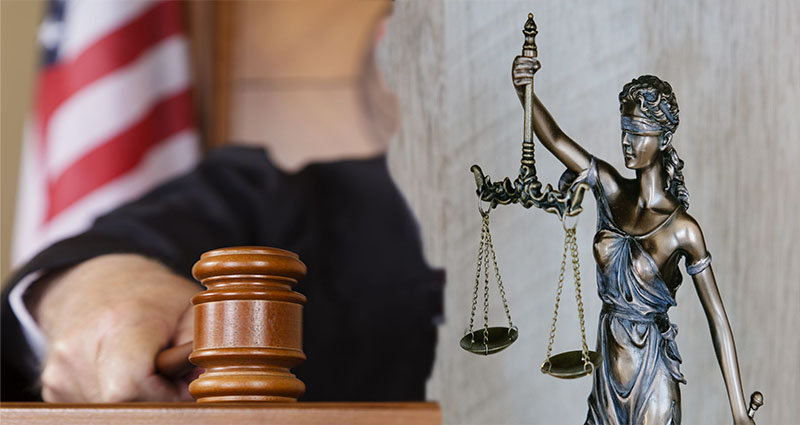If you’re considering filing a lawsuit in civil court, you may be wondering what to expect during your first hearing. There are many important aspects of a civil court hearing you should know. Listed below are the steps you should take at your first court hearing. During this stage, you may want to read up on the Status hearing, Witnesses, and Costs. Hopefully, you’ll have a better understanding of what to expect and how to handle them during the course of your case.
Status hearing
A status hearing is a meeting with the judge to discuss a case. It gives the parties involved an opportunity to present their case and argue for or against their position. The hearing is an opportunity for attorneys to explain their position and give updates to the court. While major decisions are not made at a status hearing, it is important to note that it can be used to settle a case or enter into a plea bargain. Listed below are some of the key factors to consider at a status hearing.
Interrogatories
The parties to a civil court hearing may use interrogatories to get information from each other. Interrogatories can be served by mail or hand delivery. Electronic service is available through the Maryland Department of Electronic Commerce. When responding to interrogatories, the party making the interrogatory must clearly specify what records they wish to get and provide sufficient detail to answer the questions. Both parties are allowed to submit up to 30 written interrogatories.
Witnesses
During a civil court hearing, you can present evidence in different ways, including a photo or a video. You can also bring exhibits or damaged clothing to prove what happened. Short videos are particularly helpful in this context. If possible, call the court ahead of time and ensure that the video is shown. It’s important to not act like a lawyer when you ask witnesses to testify; let the witnesses tell their story. Ask them questions only when you need specific details and facts.
Costs
A civil court hearing may require several different types of costs, including expert witnesses and travel expenses. These individuals are generally not subsidized by the court and charge an hourly rate. Witnesses can testify about the circumstances surrounding the case, and the costs incurred by them are not accounted for in the model. Furthermore, the court may not compel the attendance of a witness in a civil case, whereas it can in criminal proceedings.
Rules of procedure
In some states, the rules for a civil court hearing are different from those in other jurisdictions. The rules in this particular state vary slightly from state to state, but the underlying principle is the same: a trial before a traveling judge should be given precedence over a trial before a judge sitting in residence. Regardless of the jurisdiction, you should follow these rules to the letter.







